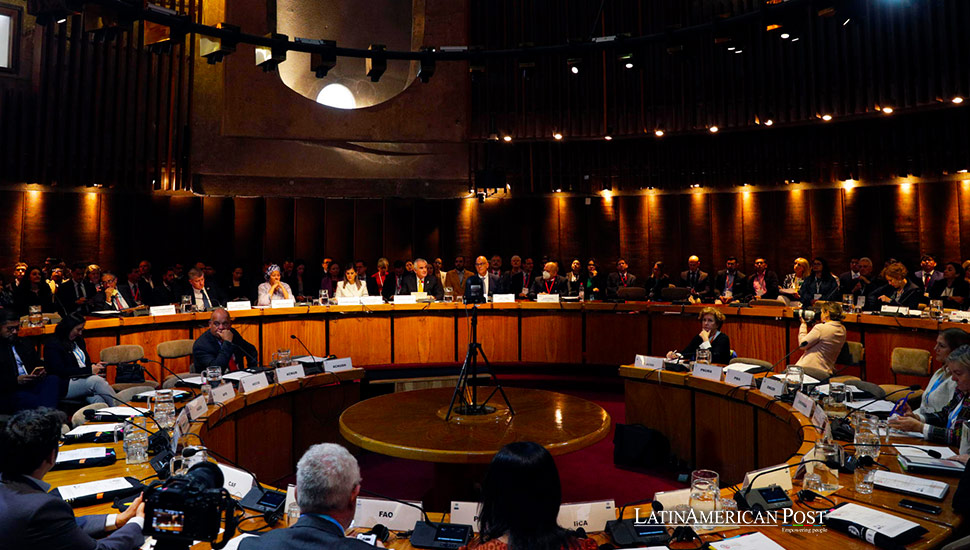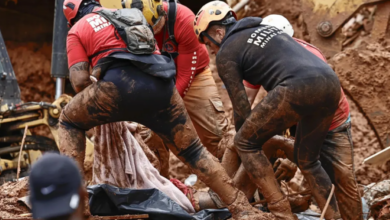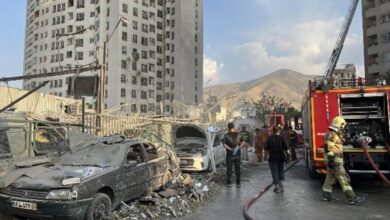ECLAC: Latin America Lag in Sustainable Development Goals

Latin America and the Caribbean are on track to achieve only 22% of the Sustainable Development Goals (SDGs), prompting the Economic Commission for Latin America and the Caribbean (ECLAC) to call for accelerated policy implementation to fulfill the 2030 Agenda.
In an era where sustainable development is crucial for the survival and prosperity of nations, Latin America and the Caribbean need to catch up in their progress towards the Sustainable Development Goals (SDGs). As the region faces numerous social, economic, and environmental challenges, the Economic Commission for Latin America and the Caribbean (ECLAC) has sounded the alarm, urging a rapid intensification of efforts to meet the 2030 Agenda.
Latin America and the Caribbean’s SDG Progress
The urgency of this call was echoed at the seventh meeting of the Forum of the Countries of Latin America and the Caribbean on Sustainable Development, held in Santiago, Chile. Over a thousand delegates from international organizations, governments, and civil society gathered to scrutinize the region’s progress and the hurdles it faces in achieving the SDGs.
During the inauguration, Amina Mohammed, Deputy Secretary-General of the United Nations, highlighted the regional and global challenges: “Latin America and the Caribbean are on track to achieve only 22% of the SDGs’ targets, a trend we see worldwide. But the SDGs were born in this region, and with a clear focus, commitment, and catalytic action, the region can rise and meet them.”
Adopted in 2015 by 193 countries, the SDGs comprise 17 goals that serve as a global agenda to eradicate poverty, hunger, and inequality by 2030. They also promote education, health, gender equity, and environmental protection. Despite these ambitious goals, José Manuel Salazar-Xirinachs, ECLAC’s Executive Secretary, revealed a disheartening statistic: “Unfortunately, it is estimated that only 22% of these targets are either achieved or on track to be achieved, leaving over three-quarters of the targets off-track.”
Assessing Progress: ECLAC’s Report
ECLAC’s detailed report examined specific progress on five SDGs: No Poverty, Zero Hunger, Climate Action, Peace, Justice and Strong Institutions, and Partnerships for the Goals. In his analysis, Salazar-Xirinachs noted mixed results across these areas, with significant shortcomings in reducing income poverty but some progress in other multidimensional poverty aspects, such as access to services.
The regional economic forecast adds another layer of complexity. ECLAC predicts a GDP growth of 1.9% for the region in the current year, a modest improvement over the 1.4% growth in 2023, yet still reflective of a low growth trend. This economic backdrop makes the ambitious SDG targets even more challenging to achieve.
The call to action by Antonio Guterres, the Secretary-General of the United Nations, emphasizes the need for doubling efforts in the face of unexpected shocks, headwinds, and diminishing expectations about SDG progress. It reminds us of enhanced global cooperation’s crucial role and robust local policies’ role in achieving these goals.
Navigating Challenges: A Path Forward
For Latin America and the Caribbean, the path to 2030 is fraught with old and new challenges. The region’s struggles with political instability, economic volatility, and social inequalities are compounded by urgent environmental concerns, including deforestation, biodiversity loss, and the impacts of climate change. These issues hinder progress towards the SDGs and threaten the region’s sustainability and health.
However, the ongoing forum in Santiago allows collective reflection and action. It is a platform for countries to share successes, learn from each other’s setbacks, and strengthen partnerships leveraging regional strengths and global resources. The discussions and decisions could pave the way for a more concerted and unified approach to tackling the SDGs.
As we look towards 2030, technological innovation, community engagement, and international solidarity become increasingly critical. With their rich biodiversity, cultural diversity, and human capital, Latin America and the Caribbean have the potential to turn the tide on sustainable development. But this can only be achieved through the relentless pursuit of inclusive, equitable, and environmentally conscious policies.
Also read: Science Unlocks Arabica Genome Boosting Latin America’s Coffee Crop Resilience
The message from ECLAC’s latest meeting is clear: the region must accelerate its efforts significantly. It is a call for urgent action and a reminder that while the goals are ambitious, they are also crucial to the region’s future welfare and sustainability. The time for incremental progress has passed; the moment for transformative change is now.




